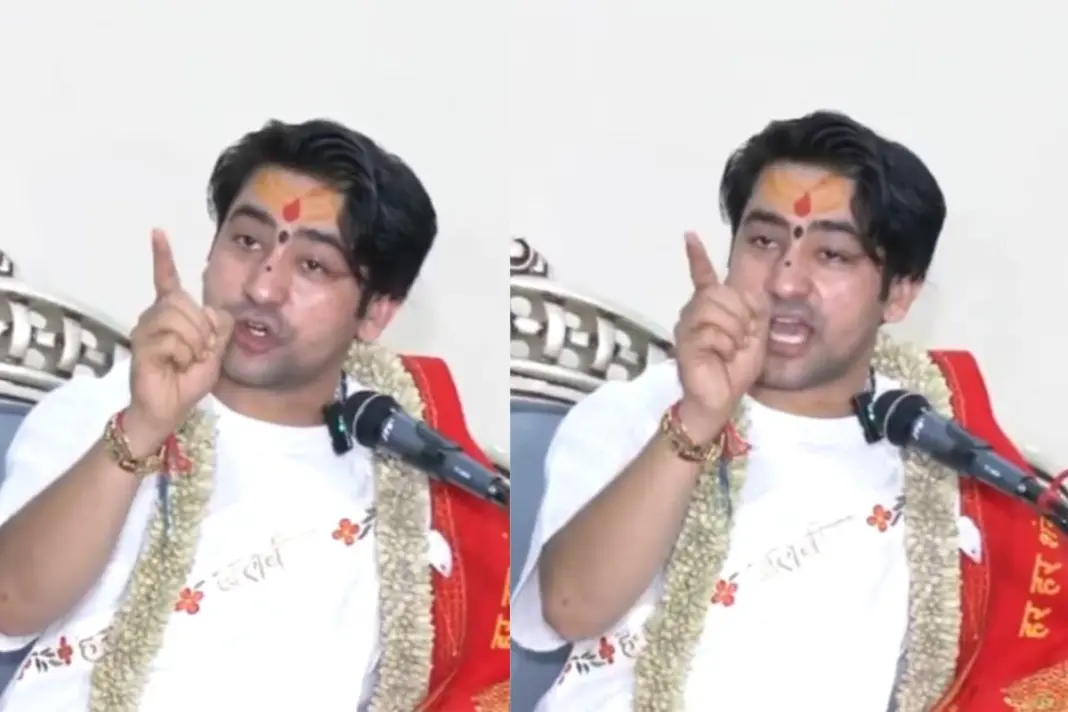Bageshwar Dham head Dhirendra Krishna Shastri has stirred debate with his latest comments on the ongoing “I Love Mohammed” controversy. In a video doing the rounds on social media, he warned that “neither the law nor the Hindus will spare you” if anyone crosses the line while expressing their beliefs.
Dhirendra Krishna Shastri said that loving Prophet Mohammed is completely fine; everyone has the right to show devotion. But, he added, the same freedom should apply to those who say “I love Mahadev” or “I love Ram.” He questioned why one faith’s expression is accepted while another’s is criticised.
Calls for Equal Space and Respect
“If you can say you love Mohammed, others should also be free to say they love Mahadev or Ram. That’s what true equality means,” he remarked.
DON'T MISS
Supporters are backing him, saying he is simply asking for fairness and balance in public spaces. Critics, however, feel that his strong words, especially the “law nor Hindus will spare you” line, could add tension to an already very sensitive topic.
Background of the Row
The “I Love Mohammed” slogan has recently gone viral across cities and social media platforms, sparking counter-responses and heated exchanges. Shastri’s comment came amid this wave, where one group’s show of devotion quickly turned into a broader debate.
He also mentioned that no religion should feel targeted or silenced for expressing faith. India, he said, is a diverse country, and people must learn to coexist peacefully.
Reactions and Wider Debate
The discussion has once again opened up questions about freedom of expression and responsibility. Where does the right to express one’s faith end, and where does provocation begin?
For now, Shastri’s message is clear: every religion deserves equal respect in public spaces. If people can say “I love Mohammed,” then others should be able to say “I love Mahadev” or “I love Ram”. His warning has certainly reignited the conversation on faith, freedom, and fairness, one that India continues to wrestle with every time belief meets expression.



